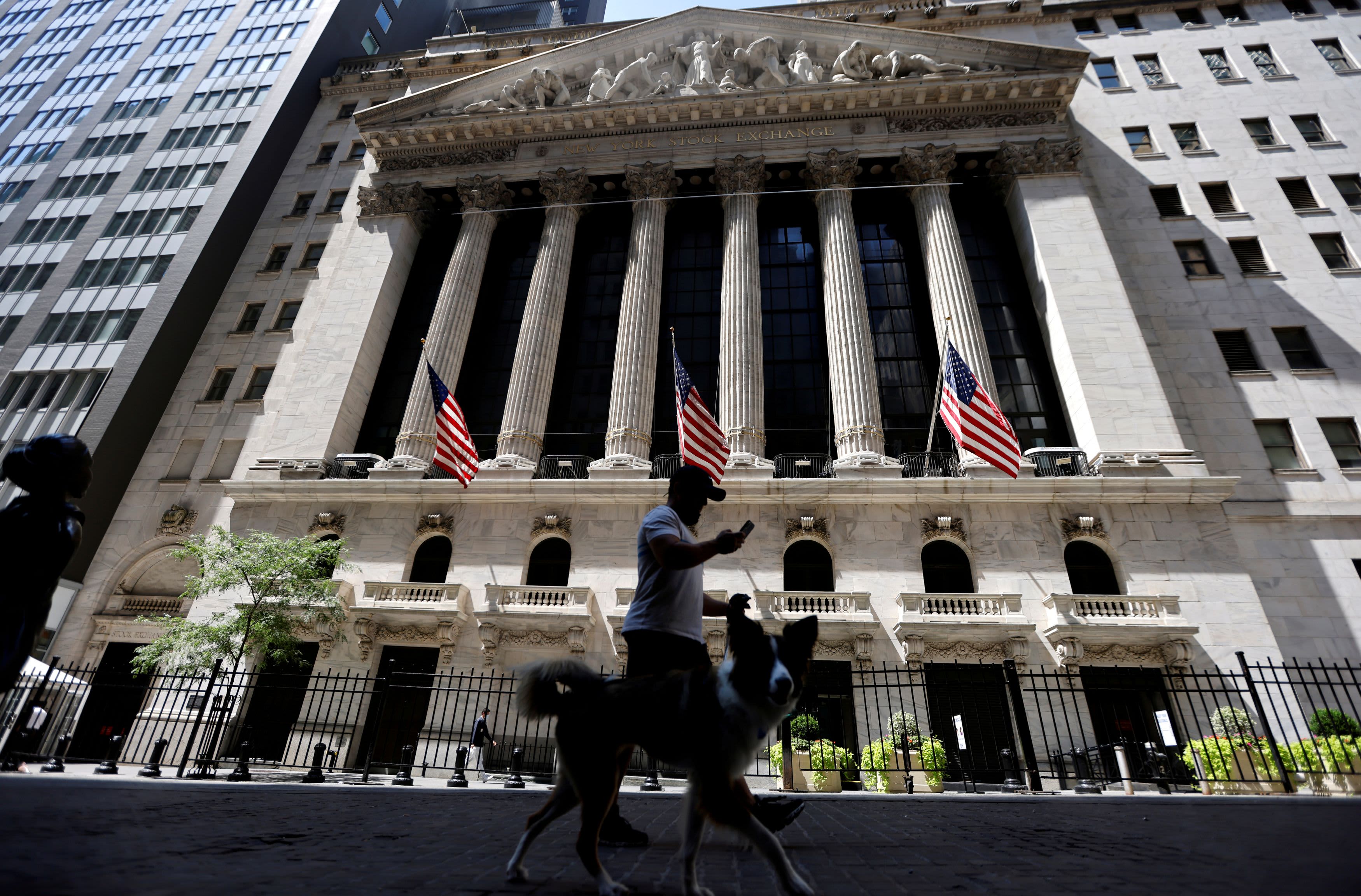Dividends and buybacks are bouncing back.
At the end of the first quarter, there was tremendous concern that the levels of dividends and buybacks would be cut dramatically.
There have been cutbacks, but there’s good news amid the bad.
The good and bad news on dividends
For lovers of dividends, the end of the first quarter and the start of the second quarter looked pretty dire. Forty-two companies in the S&P 500 — nearly 10% — completely suspended their dividends, and 25 reduced them, in some cases considerably.
“That was unprecedented,” Howard Silverblatt from S&P Dow Jones Indices told me. ”No company suspended their dividend in 2018 or 2019.”
But as the economy reopened, things began to turn around. Five of the 42 companies who suspended their dividends reinstated their dividend, at least partially.
Even as some companies reinstated dividends, many more continued with what they had been doing for years: increasing dividends.
A total of 216 companies have increased their dividends this year.
The bottom line: Silverblatt estimates that the S&P 500 will pay out $479.1 billion in dividends in 2020, only 1.3% below the $485.5 billion paid out in 2019, which was a record year.
The bad news: The S&P is yielding only 1.6%, one of the lowest dividend yields in decades.
Buybacks bouncing back from Q2 lows, but companies issuing much more stock
The second quarter started out poorly, as companies sought to preserve liquidity by cutting back buybacks— big time. How big? Companies in the S&P 500 bought back $199 billion of their own stock in the first quarter. In the second quarter that figure dropped to $89 billion, a bigger than 50% reduction, according to data supplied by Goldman Sachs.
But then, a funny thing happened. Just like earnings, which bottomed in the second quarter, buybacks also bottomed.
In the third quarter, Goldman estimates, $112 billion was bought back, a 26% increase from the second quarter, and Goldman estimates $125 billion will be bought back in the fourth quarter.
That’s the good news. The bad news: while gross buybacks are climbing, companies are also issuing a lot more new shares, according to Brian Reynolds, who tracks buybacks at Reynolds Strategy. The result: net buybacks — how much buybacks are increasing or decreasing overall share count — was flat in the second quarter and likely will also be flat for the rest of the year: ”The average company reported a share count increase this quarter of 0.1%, compared to a share count decrease of 0.6% a year ago,” Reynolds said in a recent note.
An increase in the share count means that corporations can’t rely on buybacks to boost their earnings. Reynolds noted that the S&P Buyback Index, which consists of the 100 companies in the S&P that are buying back their stock most aggressively, had also shifted from reducing to increasing their share counts. The top holdings in the index include MGM, Best Buy, Qualcomm, Kansas City Southern, Lennar, Cummins, and Xerox.
“A year ago, less than 20% of this group of companies were growing their share count. Now, 44% of them are. That is a striking shift,” he said.
What’s all this mean for investors? The S&P Buyback Index has underperformed this year, as investors dumped companies that had high levels of buybacks in 2019 for other parts of the market.
Reynolds concludes that it may be time for those companies that can still aggressively buy back stock to outperform: ”From a momentum standpoint, it appears that the stocks of companies who are still able to buy back their shares are approaching the point where we would want to buy them on weakness.”
Speaking of increasing buybacks: after the close, Microsoft announced that it had increased its buybacks in the third quarter dramatically, to $6.74 billion, from $5.8 billion in the second quarter.
Subscribe to CNBC PRO for exclusive insights and analysis, and live business day programming from around the world.
